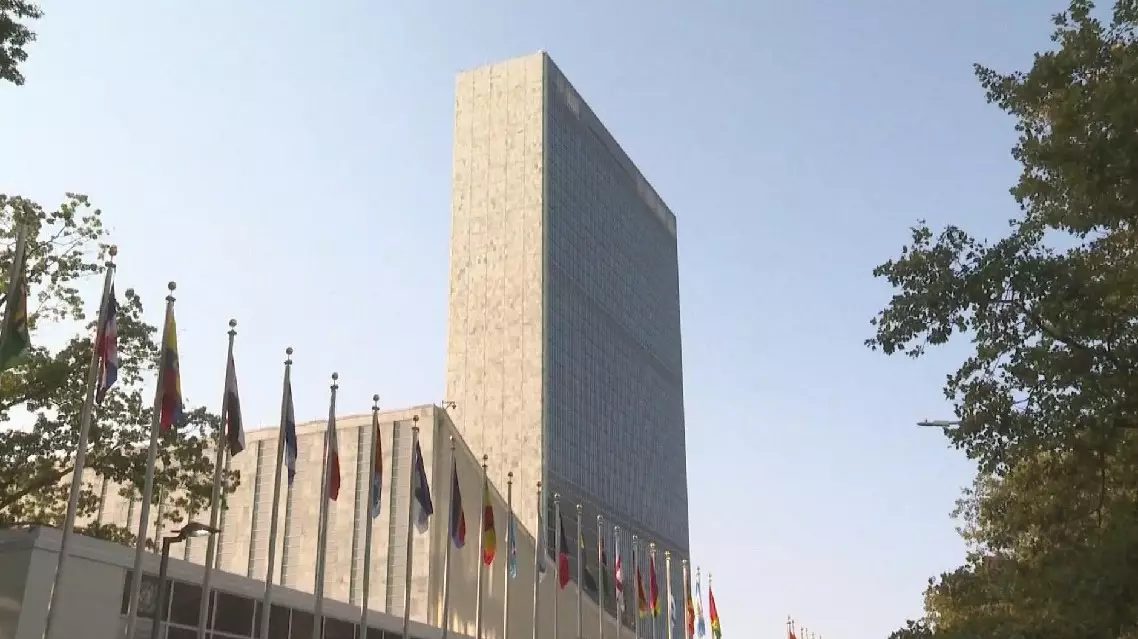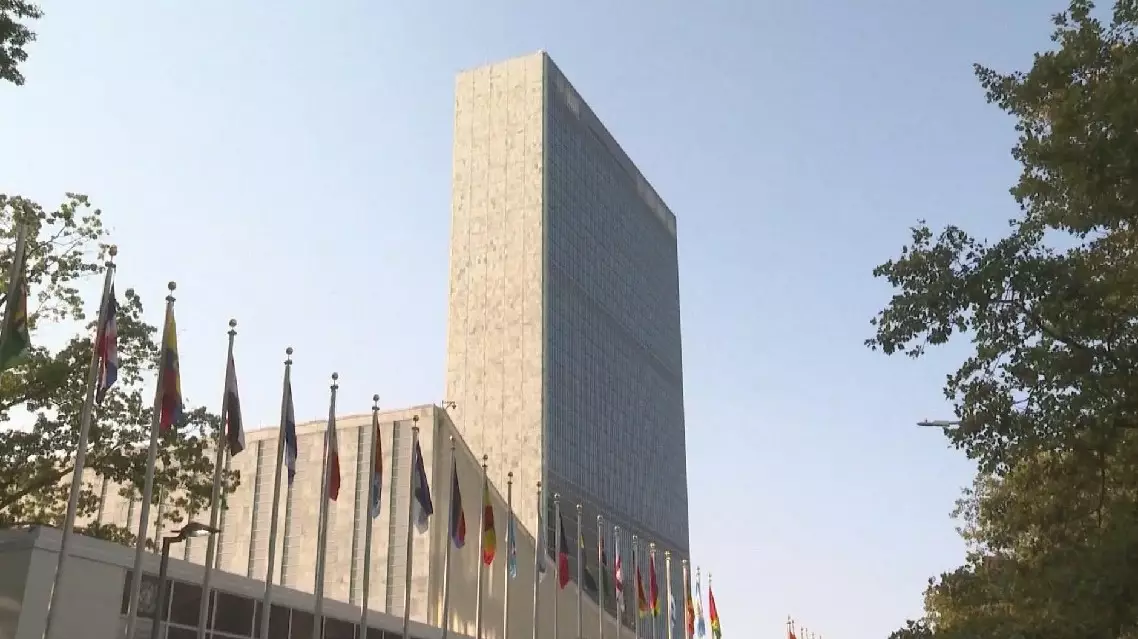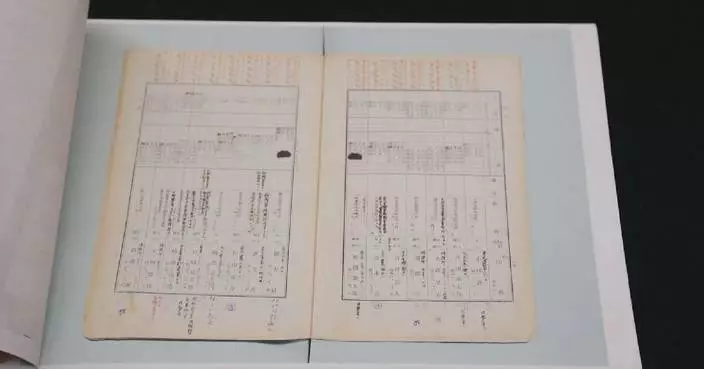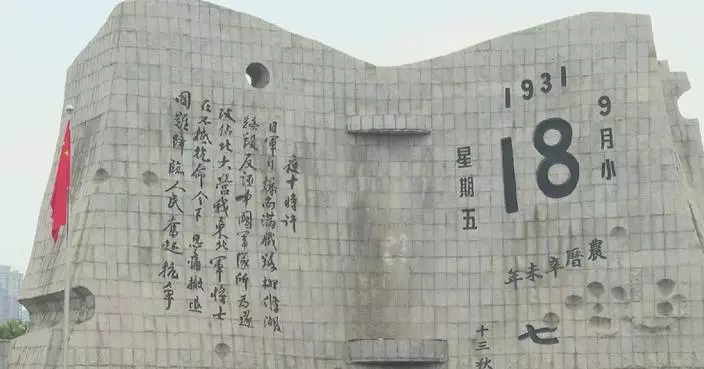Newly released evidence of U.S. war crimes has sparked outrage across Iraqi society, intensifying calls for a complete end to foreign military presence in the war-scarred country.
Since the United States waged the Iraq War in 2003, numerous human rights abuses have been reported, exacerbating local resentment towards U.S. forces and drawing strong criticism from the international community.
In August, U.S. media outlet The New Yorker published a report titled: "The Haditha Massacre Photos That the Military Didn't Want the World to See," which was then extensively circulated in Iraqi newspapers and led to significant progress in talks on the withdrawal of the U.S.-led coalition from Iraq.
On September 8, Iraqi Defense Minister Thabet Mohammed al-Abbasi announced that Iraq and the U.S. had reached a deal on a phased withdrawal of U.S.-led coalition forces. Although the final agreement has yet to be inked, there has been growing outcry over the foreign military presence.
"The Iraqi people have continuously demanded the withdrawal of U.S. troops since their occupation of Iraq in 2003. We have witnessed not only armed resistance [against U.S. forces] but also political and security pressures urging their departure. Since 2003, their presence has constantly caused chaos, especially in recent years. They have not only targeted civilians but have also carried out air-strikes via drones and fighter jets [within Iraq], which threatens the sovereignty of our nation," one local man told CCTV.
"I believe their continued presence will only keep harming Iraqis and infringe upon Iraq's sovereignty. They act outside the treaties and framework of international law, such as by attacking Iraqi military positions. It is clear now that the U.S. military presence is more harmful than beneficial to Iraq," said another resident in Baghdad.
Analysts pointed out that the Iraqi government's move met the public desire for sovereign independence.
"The government is determined to implement the Council of Representative's previous resolution, which calls for the withdrawal of foreign troops, particularly U.S. forces. The parliament has responded to the will of the Iraqi people, and their desire is to see foreign troops leave," said political analyst Jalil Al-Lami.
On November 19, 2005, a squad of U.S. Marines was traveling down a road in Haditha, a city in Iraq's western province of Anbar when they hit an explosive device. The blast killed a Marine and wounded two others in a convoy, prompting the surviving soldiers to conduct an hours-long massacre of local civilians in retaliation. They intercepted a passing vehicle, killing all five persons on board, and stormed into homes, killing at least 19 civilians, including the elderly, women, and children. The youngest victim was just three years old, while the oldest was over 70.
Walid Khaled was the director of the local hospital where bodies of Iraqi victims were sent. He recounted the tragic scenes during a phone interview with CCTV.
According to his account, the U.S. forces sealed off Haditha and imposed a curfew following the bomb. They carried 24 bodies to the hospital via two Humvees, all of whom had been shot dead, with one body showing burn marks. Among the victims were several university students who were executed on the spot after being pulled from their vehicle.
During the interview, Dr. Khaled provided a petition from Haditha residents seeking compensation from the U.S. and requesting an easing of military controls to allow food and essential supplies into the area and enable media coverage.
The petition highlighted that U.S. military control began as early as October 2005, involving illegal acts such as occupying homes and setting up military checkpoints.
"The U.S. military attempted to cover up and downplay the incident. It wasn't until the media exposed the massacre that the truth emerged. The U.S. military then formed a task force claiming to investigate and seek 'justice' for the victims, but in reality, they tried to prove the victims were unrelated to U.S. operations, alleging they were killed by local militants," Khaled said.
In the so-called "investigation," Khaled and his several colleagues from the hospital were summoned as witnesses in America. But all their efforts trying to reveal the truth and seek justice for the innocent were frustrated by U.S. authorities.
They submitted documents and demanded compensation, considering it a war crime. But the U.S. denied the allegations. They returned to Iraq only to find that all the accused were released without charge, Khaled recalled.
The Haditha massacre represents only the tip of the iceberg of U.S. atrocities in Iraq. According to investigations cited by The New Yorker, there may have been up to 781 possible war crimes committed by U.S. forces in Iraq and Afghanistan, with over 1,800 victims. These crimes include the killing of innocent civilians, abuse of detainees, sexual assault, and robbery. However, approximately 65 percent of these cases were dismissed by investigators who did not believe that a crime had even taken place.
Abdul-Rahman Najim al-Mashhadani, former head of Iraq's Hammurabi Human Rights Organization who participated in the probe, said these U.S. practices constitute serious violations and abuses of human rights.
"The actions of U.S. forces, whether in Haditha or other Iraqi cities, have severely violated international human rights law. The indiscriminate killing, destruction of homes and vehicles, and arbitrary arrests constitute serious human rights violations. I do not believe this will be forgotten. The U.S. will eventually need to face up to this history and take responsibility for its war crimes," said al-Mashhadani.
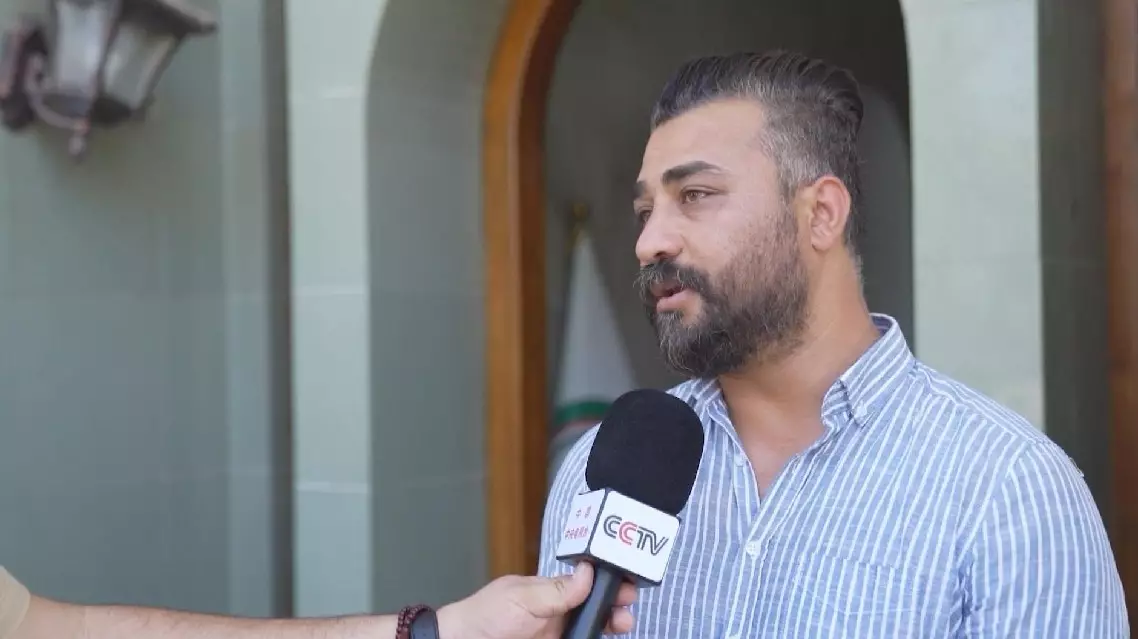
Iraqis demand end to U.S. military presence as photographic evidence of massacre surfaces


